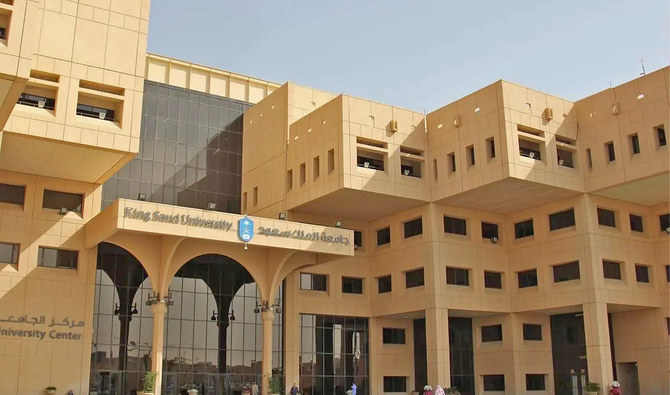KARACHI: The United States Patent and Trademark Office (USPTO) has granted a patent to the King Saud University for an invention entitled “Methods and Systems for Implementing Secure Biometric Recognition” designed by a team led by a Pakistani scientist, the university announced this week.
The invention is the outcome of a research grant funded by Saudi Arabia’s National Plan for Science, Technology, and Innovation, King Abdulaziz City for Science and Technology. The project is led by Pakistani Professor Dr. Muhammad Khurram Khan as the principal investigator.
Khan is a distinguished professor of cybersecurity from KSU’s Center of Excellence in Information Assurance, and his co-inventors, Dr. L. Leng and PhD student Mr. W. Tengfei, have invented a “groundbreaking approach by developing an AI-enabled, highly secure palmprint biometrics cryptosystem,” KSU said on its website.
“This invention harnesses the deep hashing network by leveraging deep learning, which is considered a game changer in the field of computer vision,” KSU said.
“It utilizes a fuzzy commitment scheme based on deep hashing codes, whose templates are much smaller than traditional texture-coded templates, thereby significantly reducing storage and computation requirements. A set of rigorous experimental results have demonstrated robustness of the system against security attacks and privacy leakage.”
Biometrics is a commonly used authentication factor that utilizes human behavior and physical attributes for the purpose of personal identification and identity management.
Biometrics has recently become the de facto method of authentication for smartphones, computing devices, border control systems, payment gateways, and online services for consumer and commercial applications. But a biometrics system can however suffer from a variety of attacks that compromise its data privacy and security.
In October, King Saud University won another patent from the United States by developing a biometrics-based iris recognition system also led by Khan, who is the founding CEO of the US think tank, Global Foundation for Cyber Studies and Research.
He has contributed to cyber policy work for the G20 (Saudi and Italian Presidencies) in shaping a safer cyberspace for children, protecting the masses and vulnerable populations in cyberspace, and empowering and enabling women in the cybersecurity profession. In 2019, he played an instrumental role as a cybersecurity subject expert for a $6 million series B investment in a South Korean startup, “SecuLetter,” which has received a corporate valuation of over $100 million (2023).
Khan is the Editor-in-Chief of the well-reputed international journal, ‘Telecommunication Systems’, published by Springer-Nature for over 27 years, with a recent impact factor of 2.5 (JCR 2023). He is also the Editor-in-Chief of Cyber Insights Magazine.
















